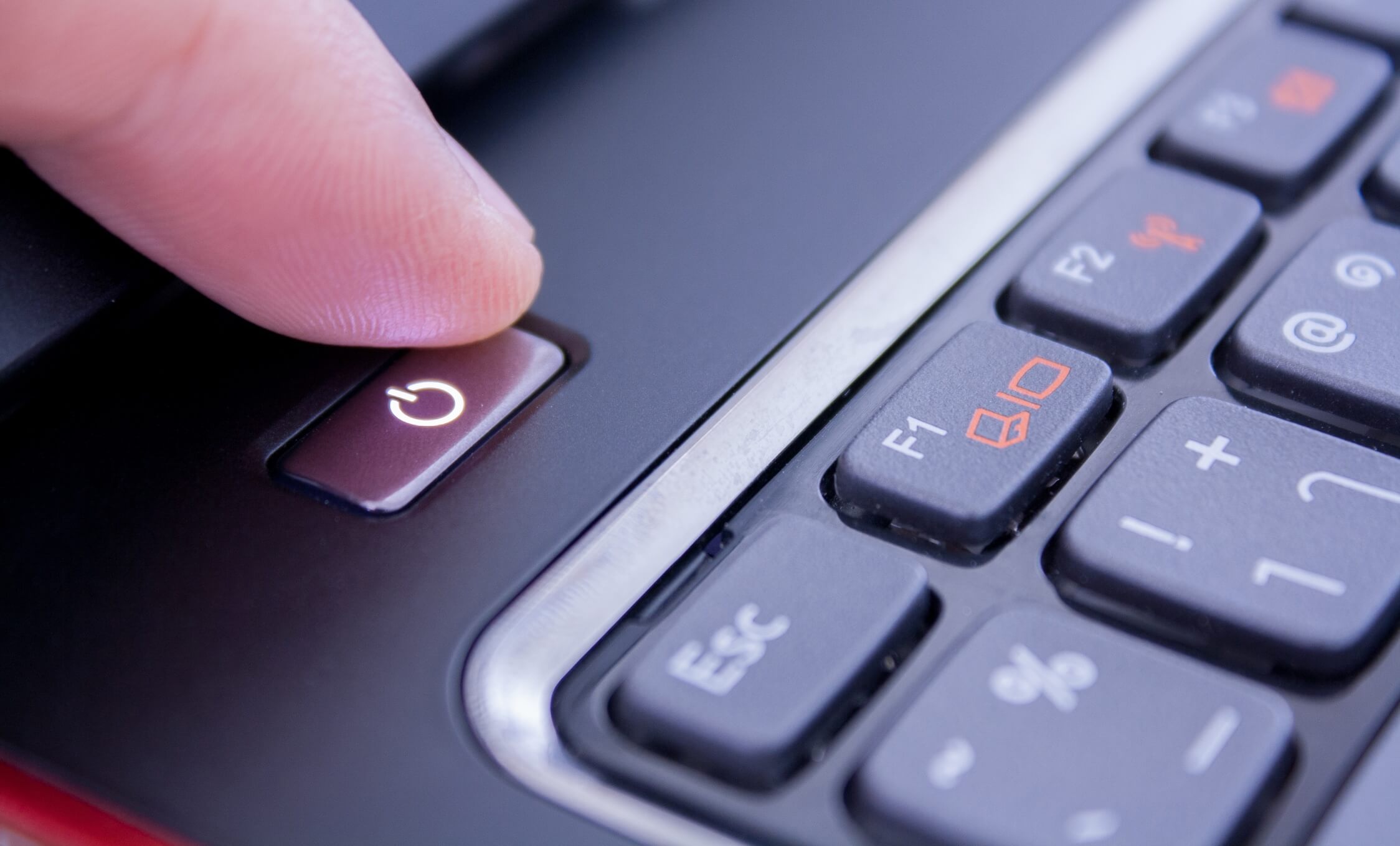"While not entirely the same thing, tablets and smartphones already provide instant access to what is essentially a computer thanks to their power-saving and low-power state features"
Not sure that comparing cold PC startup times to warm sleeping phones makes much sense when you can just as easily put a PC in standby for the same 2s startup times, or watch a smartphone take 60s booting up from cold after the battery runs completely flat. I mean for laptops, sleep is the default action when closing the lid, and it's been easily changeable to the default for the power switch going back to XP...
"Take, for example, Google’s cloud-based Stadia platform. The company says the upcoming service will support 4K HDR streaming at 60 frames per second at launch and plans to offer 8K/120fps support in the future."
Are you sure it isn't 32K at 480fps? Or perhaps 96K at 7680fps? Here's an idea for a future Techspot article - ignore mindless marketing hype and instead do a
"When Quality Isn't Quality" article comparing just how badly over-compressed such video has to be and how much worse it looks vs uncompressed local rendering. You know, like those 4K Youtube clips that regularly look worse than most 1080p Blu-Rays, the 1080p Youtube clips that look worse than 720p Blu-Ray rips, the 720p clips that are hardly any better than upscaled 480-576i DVD's, etc... Streamed gaming is to local rendering what 128kb/s MP3 is to FLAC.
Game streaming would also mean you don't own any games you "subscribe" to, can't replay much loved titles in future and are completely at the mercy of the provider altering gameplay to increase micro-transaction engagement on a whim or just permanently pulling the games when player count drops. And the death / lockdown of modding. No thanks on those grounds alone.
"Operating System that repairs itself".
(Puts a picture of W10 - the OS that self-destructs at least twice a year next to it) = LOL.
"As for AIO gaming, might consumers be enjoying their game libraries on 50-inch, 8K displays with 240 Hz refresh rates in the year 2030 without any cumbersome cases and wires getting in the way?"
No, because for many people, monitor screen size (that you sit close to) is a bell shaped curve not a never-ending straight line, often peaking between 27-35" size. Stick someone 2ft away from a 50" screen, and it's just too uncomfortable to use due to basic ergonomics (increased head, neck movements, increased urge to lean back (bad posture), etc). Of course you could sit 6ft away, but then you're reinventing the TV and trying to bundle a second one with some AIO PC instead of doing the more common sense thing and simply plugging in a much cheaper ITX box / console into the existing 50" TV which is where we're already at today.
Perhaps the future will see PCs with smaller capacities but much faster local storage as people store the bulk of their programs and data in the cloud.
^ Comments solely on cloud service speed, but not privacy / security issues or ongoing mass data breaches to the tune of hundreds of millions of accounts at a time. Yep, business as normal...
"users could receive desktop notifications via voice. Rather than an annoying noise followed by a pop up, a hopefully less annoying digital assistant will inform you verbally of a new email invite and a Facebook friend's birthday."
The whole point of the "annoying noise" is it says "There's an e-mail for
you", not "let me read that out for everyone within earshot on the train". Seriously, don't be "that guy" who uses text to speech on public transport and ends up getting strangled with their own tie by fellow commuters...
